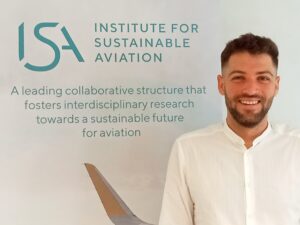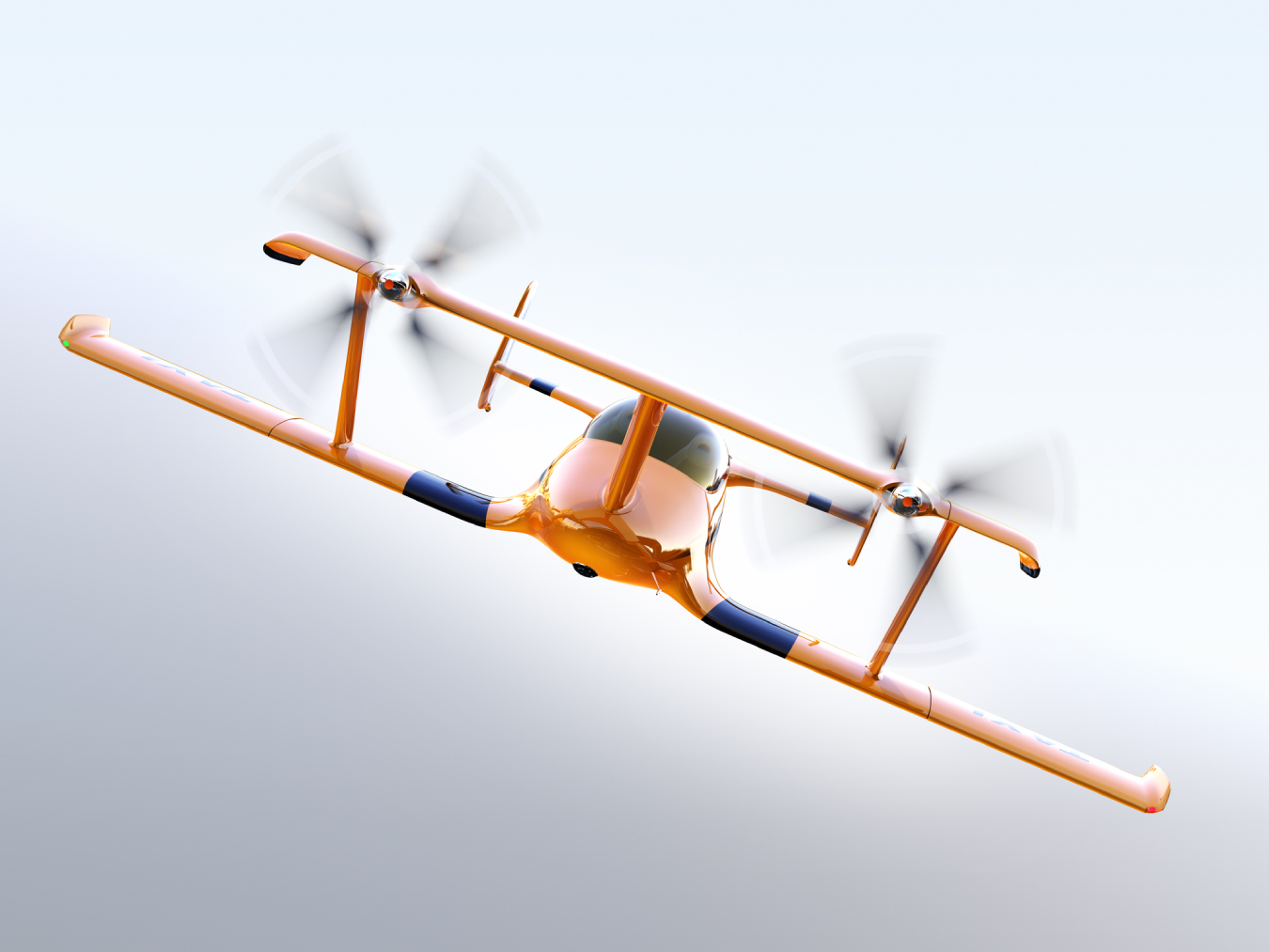Salgas, A., Lafforgue, G., Planès, T. & Delbecq, S. (2025). Enhanced marginal abatement cost curves for analysing and designing aviation decarbonisation scenarios. Transportation Research Part D: Transport and Environment, vol. 146.
Ouvrage : Juilliet Clair et Olivier Jean-Marc, De Blériot à Airbus. Une histoire des industries aéronautiques européennes 1910-2024, Paris, Armand Colin - Dunod - Hachette, 2025, 436 p.
Salgas, A., Sun, J., Delbecq, S., Planès, T., & Lafforgue, G. (2024). Compilation and Applications of an Open-Source Dataset on Global Air Traffic Flows and Carbon Emissions. Journal of Open Aviation Science, 2(1).
Arriolabengoa, S., Planès, T., Mattei, P., Cariolle, D., & Delbecq, S. (2024). Lightweight climate models could be useful for assessing aviation mitigation strategies and moving beyond the CO2-equivalence metrics debate. Commun. Earth Environ., Nature, 5, 716.
Ouvrage : Olivier Jean-Marc et Pech Rémy (dir.), Histoire de Toulouse et de la métropole, Toulouse, Privat, septembre 2024, 810 p. Avec, entre autres, un chapitre co-écrit avec Zuliani Jean-Marc : "Cent ans d'histoire de l'aéronautique à Toulouse (1917-2019)" pp. 713-745.
Bornes, L., Letondal, C., & Vingerhoeds, R. (2023). Understanding the Indirect Effects of Interactive Systems Within Systems of Systems. INSIGHT, 26(4), 18-21.
Planès, T., Delbecq, S., & Salgas, A. (2023). AeroMAPS: a framework for performing multidisciplinary assessment of prospective scenarios for air transport. Journal of Open Aviation Science, 1(1).
Cayet, P., C. Azzaro-Pantel, S. Bourjade, C. Muller, "Beyond the “bottom-up” and “top-down” controversy: A methodological inquiry into hybrid modeling methods for hydrogen supply chains", International Journal of Production Economics, 2024, vol. 268, pp. 109091
Salgas, A., Sun, J., Delbecq, S., Planès, T. & Lafforgue, G., Compilation of an open-source traffic and CO2 emissions dataset for commercial aviation (preprint) in Journal of Open Aviation Science, OpenSky-Symposium 2023 edition
Bonilla, X. & Ivaldi, M., « Banning short-haul domestic flights: a preliminary assessment for France », TSE Working Paper, n. 23-1482, October 2023









